ETSI - GR ENI 003 - Experiential Networked Intelligence (ENI) - Context-Aware Policy Management Gap Analysis
GR ENI 003 Experiential Networked Intelligence (ENI); Context-Aware Policy Management Gap Analysis
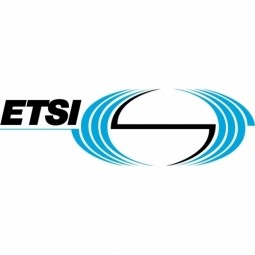
GR ENI 003 Experiential Networked Intelligence (ENI); Context-Aware Policy Management Gap Analysis

Experiential Networked Intelligence (ENI); Proof of Concepts Framework
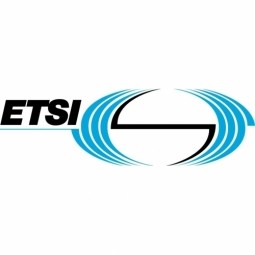
ISO/IEC TR 20547-2:2018 provides examples of big data use cases with application domains and technical considerations derived from the contributed use cases.
You can see here the preview of the standard.

Experiential Networked Intelligence (ENI)- Terminology for Main Concepts in ENI
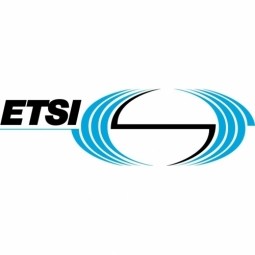
The Wellbeing Metrics Standard for Ethical Artificial Intelligence and Autonomous Systems enables programmers, engineers, and technologists to better consider how the products and services they create can increase human wellbeing based on a wider spectrum of measures than growth and productivity alone. Today, affective systems utilizing emotion recognizing sensors are quantified primarily by their economic value in the marketplace beyond their efficacy within certain fields (psychology, etc).
While it is often understood that ethical considerations for intelligent and autonomous systems might hinder innovation by the introduction of unwanted regulation, without metrics that value mental and emotional health at both an individual and societal level, innovation is impossible to quantify. The introduction and use of these metrics for programmers and technologists means that beyond economic increase human wellbeing can be measured and better improved.

This standard establishes a practical, technical baseline of specific methodologies and tools for the development, implementation, and use of effective fail-safe mechanisms in autonomous and semi-autonomous systems. The standard includes (but is not limited to): clear procedures for measuring, testing, and certifying a system's ability to fail safely on a scale from weak to strong, and instructions for improvement in the case of unsatisfactory performance. The standard serves as the basis for developers, as well as users and regulators, to design fail-safe mechanisms in a robust, transparent, and accountable manner.

The Standard for Ethically Driven Nudging for Robotic, Intelligent and Autonomous Systems establishes a set of definition of functions and their relationships with benefits depending on cultural aspects of users (well-being, health, ...) that enables the development of Robotics, Intelligent and Autonomous Systems in accordance with worldwide Ethics and Moral theories, with a particular emphasis on aligning the ethics and engineering communities to understand how to pragmatically design and implement these systems in unison.
This standard along with definitions allows for precise communication among global experts of different domains that includes Robotics, Artificial Intelligence, Autonomous Systems, and Ethics.

With the advent and rise of AI there is a risk that machine-to-machine decisions will be made with black-box inputs determined without input transparency to humans. In order to enable ethics based AI, individuals will require the means to influence and determine the values, rules and inputs that guide the development of personalized algorithms and Artificial Intelligence. They will need an agent that can negotiate their individual rights and agency in a system of shared social norms, ethics and human rights that also foresee and helps the individual mitigate ethical implications of data processing.
This approach will enable individuals to safely organize and share their personal information at a machine-readable level and enable a personalized AI to act as a proxy for machine-to-machine decisions. A key goal for the creation of this standard is to educate government and commercial actors why it is in their best interests to create the mechanisms for individuals to train Personal AI Agents to move beyond asymmetry and harmonize personal data usage for the future.

GR ENI 001 Experiential Networked Intelligence (ENI); ENI use cases
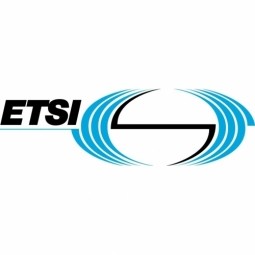
GS ENI 002 Experiential Networked Intelligence (ENI); ENI requirements
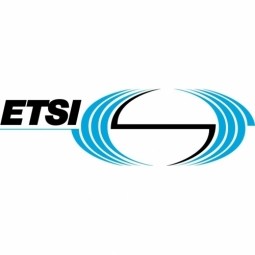
This standard specifies formats and methods for floating-point arithmetic in computer systems: standard and extended functions with single, double, extended, and extendable precision, and recommends formats for data interchange. Exception conditions are defined and standard handling of these conditions is specified.

This standard defines quality measures, controls, parameters and definitions for sensor data related to Internet of Things (IoT) implementations.
